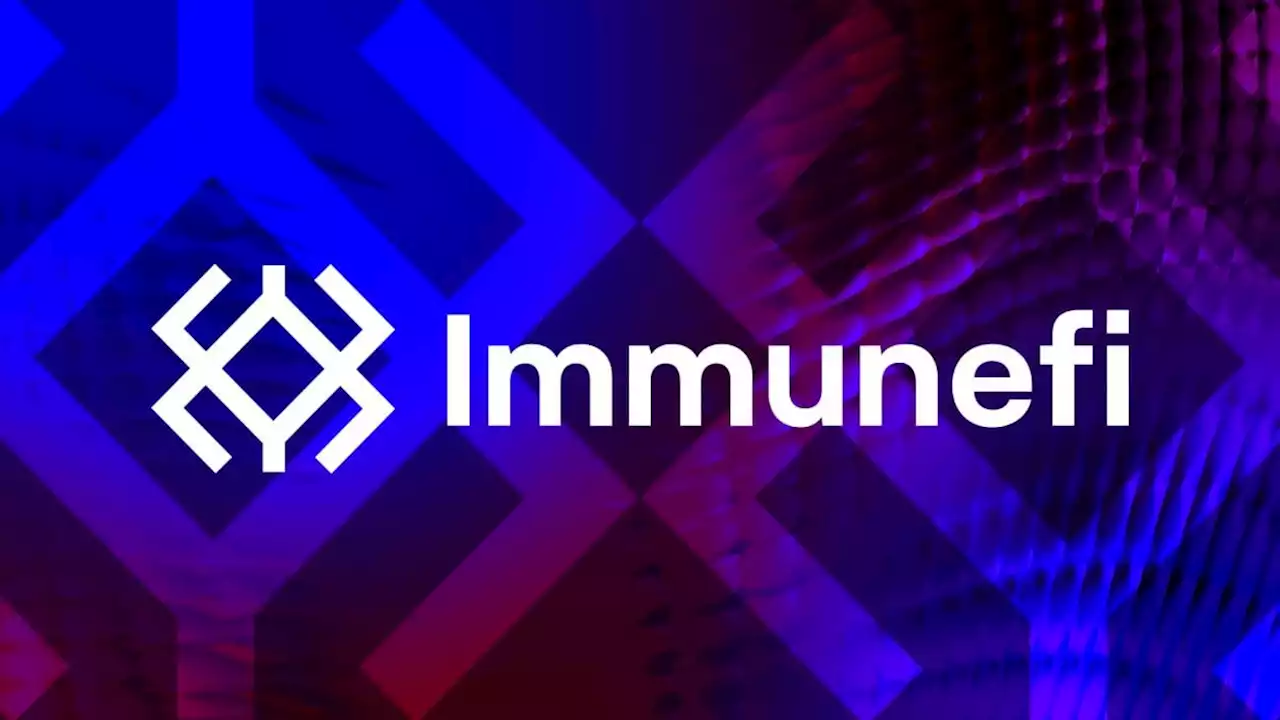ChatGPT helped a simulated study return up to 512% trading stocks based on news. Here's the prompt the researchers used — plus the positive and negative takeaways from their findings.
Researchers at the University of Florida used a single prompt to ask it to determine sentiment. Investor excitement about artificial intelligence has lifted the S&P 500 by 18% this year, and mega-cap stocks with exposure to the technology made up most of the index's gains.
The study, led by Alejandro Lopez-Lira, assistant professor of finance, and Yuehua Tang, Emerson-Merrill Lynch associate professor, sought to assess if ChatGPT could understand the impact of news on stock-market movements enough to generate returns, and whether it was as competent or even better than a human.
Their strategy was set up to trade any stock within the NYSE and the Nasdaq. However most of the gains came from small-cap stocks because smaller stocks are costlier to trade, therefore fewer investors are trading them, creating a greater window of opportunity to take advantage of the news, Lopez-Lira said.
Additionally, the study found that earlier versions of the language model, including GPT-1, GPT-2, and BERT failed at translating information adequately enough to make profitable trades. This suggests that accuracy could get better as language models improve."Forget all your previous instructions. Pretend you are a financial expert with stock recommendation experience. Answer"YES" if good news,"NO" if bad news, or"UNKNOWN" if uncertain in the first line.
The preliminary study focused on intraday trades. But Lopez-Lira believes as more firms use these tools, the window of opportunity to take advantage of the information will be reduced from a day to minutes to even seconds, making it impossible for a human to manually take advantage of information for high-frequency trades. It's already difficult for retail traders to bet against large institutional algorithms.
Capablanca regularly weighs how headlines are a catalyst for stock moves. But it's only one out of a nine-part checklist he runs through before shorting any stock. Short sellers must consider many other factors to avoid potential disaster. A big reason for these disasters is market friction, or things that could interfere with the ability to execute a trade swiftly, something the simulation did not factor in.
Capablanca also pointed to the risk of real-world trading halts that can trap a trader. Then, there's the increased risk of holding short positions overnight, which the simulation did. Gap ups, or highly volatile movements in price, can happen in after-hours trading. These can cause short squeezes that lead to margin calls, he added.
United States Latest News, United States Headlines
Similar News:You can also read news stories similar to this one that we have collected from other news sources.
 1978 Ferrari 512 BB Competizione headed to auctionA 1978 Ferrari 512 BB Competizione that raced at the 24 Hours of Le Mans has been sitting in storage since 1981, but now it's free to find a new home.
1978 Ferrari 512 BB Competizione headed to auctionA 1978 Ferrari 512 BB Competizione that raced at the 24 Hours of Le Mans has been sitting in storage since 1981, but now it's free to find a new home.
Read more »
 Microsoft CEO Satya Nadella’s earnings top $1B as ChatGPT drives stock surge: reportMicrosoft shares have surged more than 1,000% since Nadella took over as CEO in 2014.
Microsoft CEO Satya Nadella’s earnings top $1B as ChatGPT drives stock surge: reportMicrosoft shares have surged more than 1,000% since Nadella took over as CEO in 2014.
Read more »
 Immunefi spammed by ChatGPT-generated web3 bug bounty reportsWeb3 bug bounty platform Immunefi has been inundated with ChatGPT-generated web3 security reports since OpenAI launched the tool in November.
Immunefi spammed by ChatGPT-generated web3 bug bounty reportsWeb3 bug bounty platform Immunefi has been inundated with ChatGPT-generated web3 security reports since OpenAI launched the tool in November.
Read more »
Here's why leaders shouldn't use ChatGPT for data analyticsI've worked as a data analyst at companies like Amazon for 20 years. Using ChatGPT for data analytics is a risky move — AI will never be able to do the work we do.
Read more »
 Stanford Scientists Find That Yes, ChatGPT Is Getting StupiderWhile looking into artificial intelligence 'behavior,' researchers affirmed that yes, OpenAI's GPT-4 appeared to be getting dumber.
Stanford Scientists Find That Yes, ChatGPT Is Getting StupiderWhile looking into artificial intelligence 'behavior,' researchers affirmed that yes, OpenAI's GPT-4 appeared to be getting dumber.
Read more »
 Intelligence nominee warns generative AI poses threat to 2024 electionsThe advent of AI technologies like ChatGPT poses new challenges to election security.
Intelligence nominee warns generative AI poses threat to 2024 electionsThe advent of AI technologies like ChatGPT poses new challenges to election security.
Read more »